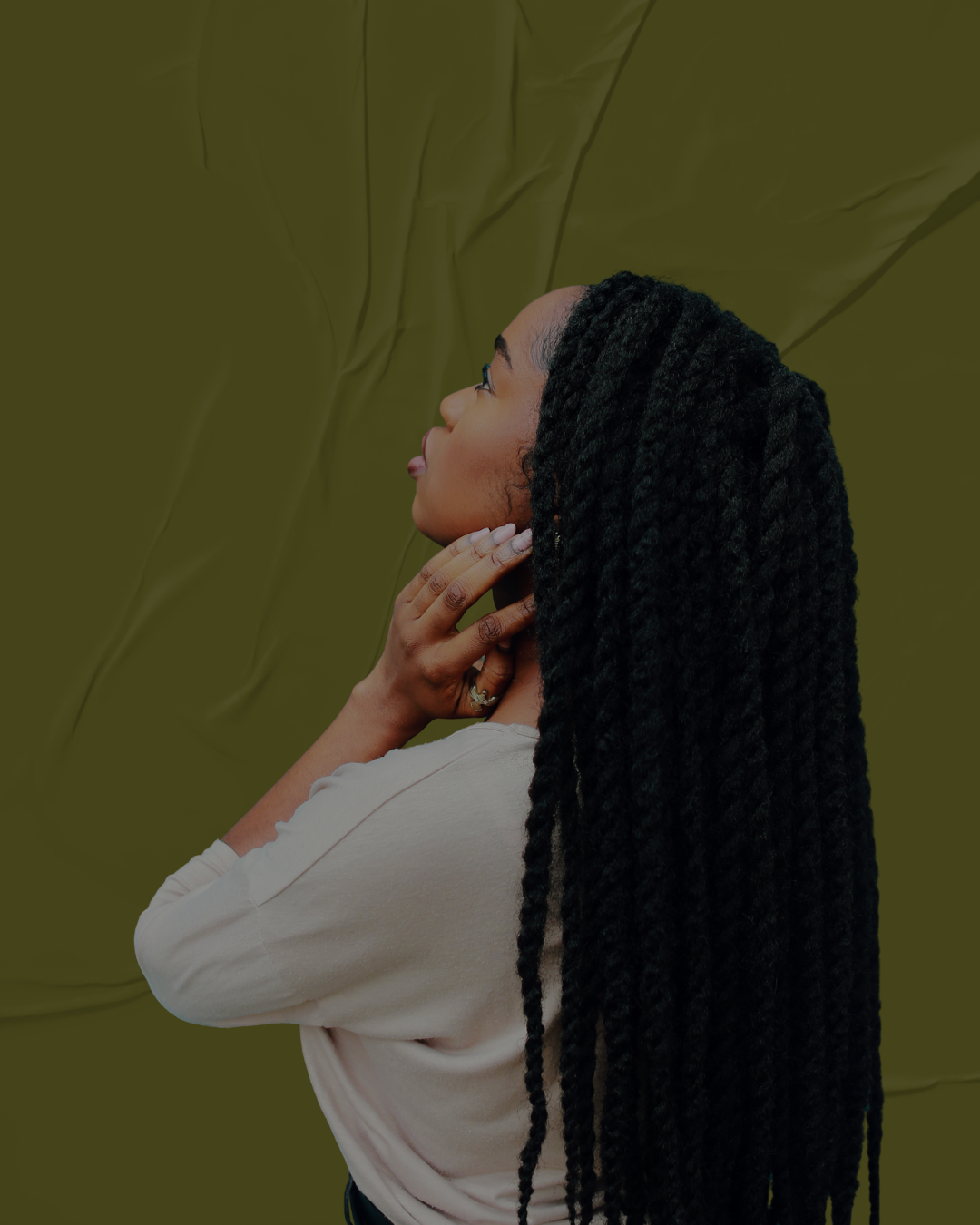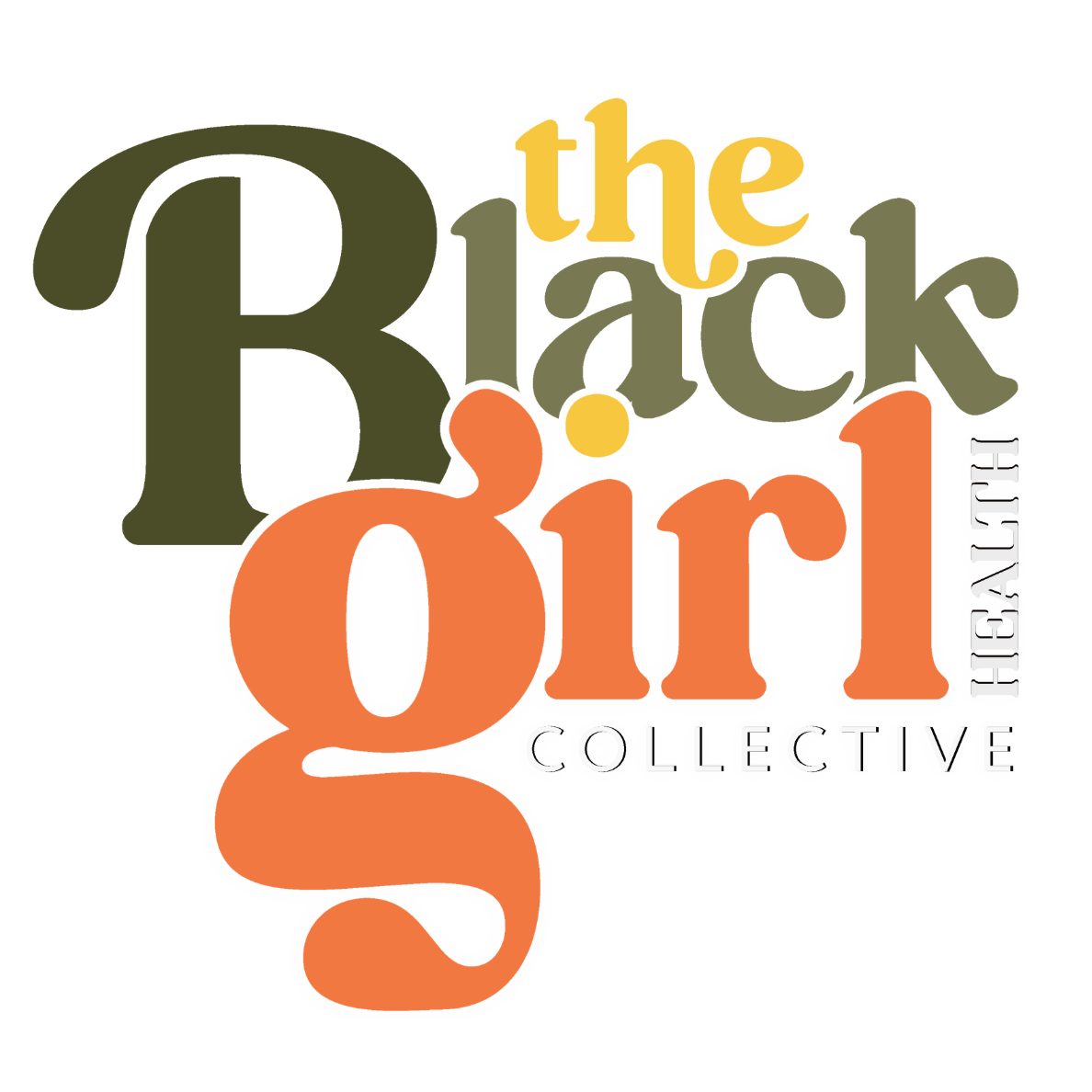
The Layoff’s You Weren’t Supposed to Notice.

For Black Women in Rural Delaware and Beyond, “the South's Got Something to Say”

Rest as Resistance: The Next Chapter for Black Girl Health Con
Rest is not retreat, it’s resistance. This pause is how continue to build with care and intentionality.
— The Black Girl Health Collective Team

Sis, It’s Not Just Stress.Why Black Women Deserve Better PCOS Care.
PCOS impacts Black women in unique ways, from metabolic health to fertility disparities. Explore symptoms, cultural dynamics, celebrity stories (including Lori Harvey), and care strategies grounded in you.

This Ain’t Just About Diddy. Our Pain isn’t A Punchline

“Marsha, Audre, bell and Us: Pride Through the Lens of Softness, Survival, and Sisterhood”
Our Voices


